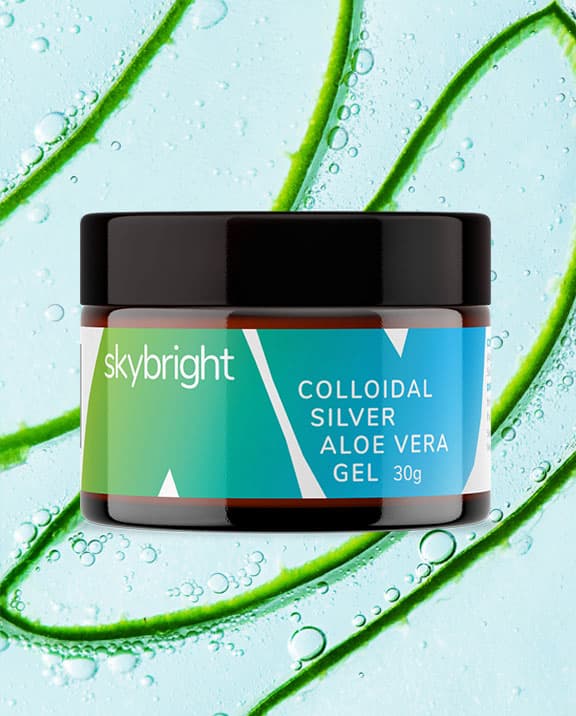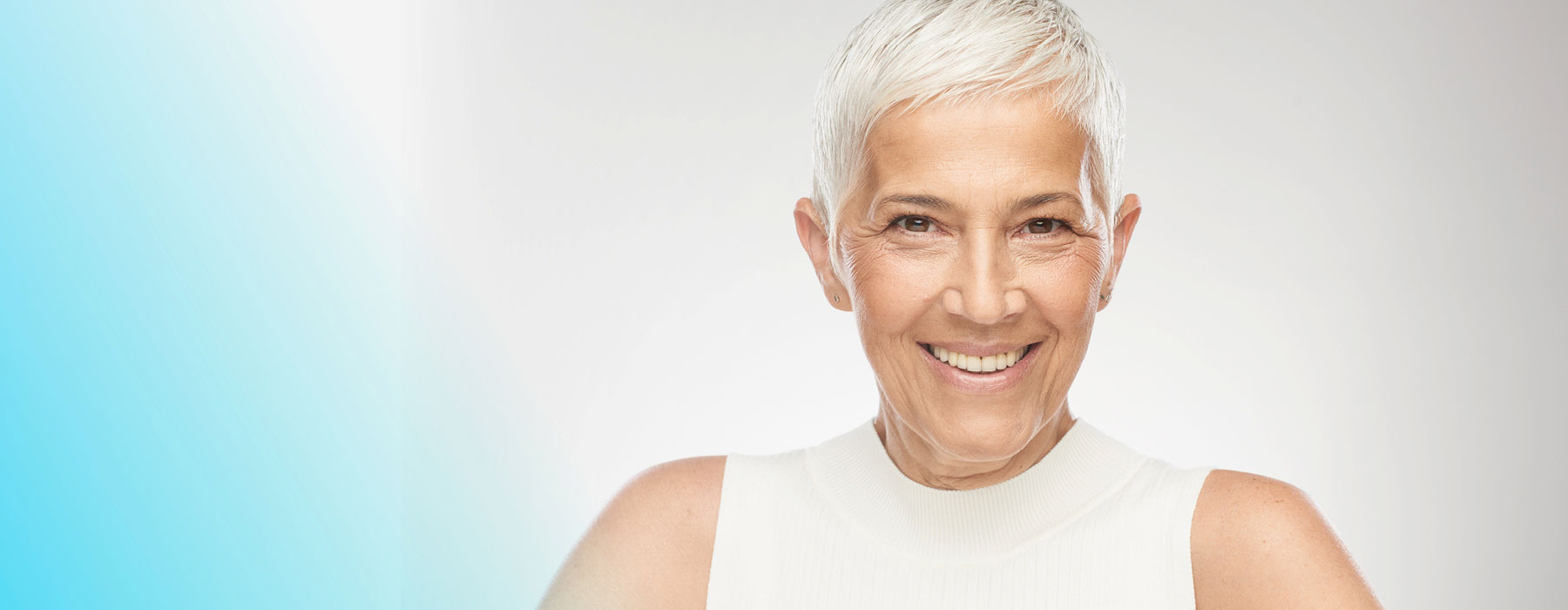
Selenium to support your immune system
Selenium is an important trace element. It plays a positive role in supporting immune system function by helping fight off bacterial infections and viruses.
Selenium is known as a micronutrient and is required in very small amounts by the body. As a component of the enzyme glutathione peroxidase, which is a powerful antioxidant, it can help protect the brain, heart, and kidneys against free radicals and environmental toxins.
It maintains the health of male and female reproductive systems, regulates mood, blood pressure and assists with optimal thyroid function as well as cardiovascular health.
There is growing research to suggest that it can help with anti-ageing, by preserving skin elasticity and supporting brain function as we age.
As with zinc and iodine, New Zealand soils have been shown to have low levels of selenium, leading to deficiencies and predisposing us to certain illnesses, especially as we age. Selenium is now often added to foods such as bread in the form of imported selenium-rich wheat as well as added to animal and poultry feed on the farm.

Selenium was only recognised as an essential trace element for human health in 1990. Since then, we have learnt a great deal about its role within the human body, and the benefits it can provide.
The lack of selenium
New Zealand soils have low levels of a number of important minerals, including zinc, iodine and selenium. If these nutrients are not in our soils, they are not in the foods we eat.
In the NZ Nutrition Survey in 2009, the average dietary intake of selenium had improved, and was measured at 67mcg, up from 52mcg from the previous survey. Men and women over 71 years of age, and young women aged between 15-18 years had the lowest selenium intakes.
Essential as we age
Selenium activates the antioxidant enzyme glutathione peroxidase, which help mitigate the effects of ageing by removing environmental toxins from the body.
These toxins, or ‘free radicals’, can lead to inflammation, cardiovascular disease, cataract formation and a higher risk of various cancers.
A selenium-rich diet can also protect against premature ageing of the skin, by preserving the elasticity of arteries and our skin as we get older. It alleviates sun damage and age spots, helping to maintain a youthful appearance to the skin.
In females, research suggests adequate selenium status may reduce menopausal symptoms such as hot flashes.
What are free radicals?
Free radicals are often a product of our lifestyle, (such as excessive alcohol or smoking) or exposure to heavy metals and toxins in our environment. This exposure can occur through the water we drink, the foods we eat, or the air we breathe, as well as substances that come into contact with our skin.
These free radicals are molecules that have lost an electron and have become unstable. They go looking for an electron by attacking other cells within our body.
This causes damage to our cell walls and cell tissues, which impairs the function of the cell. This damage can then lead to degenerative diseases such as heart disease, autoimmune disorders, rheumatoid arthritis, and decreased thyroid function.
The antioxidant glutathione peroxidase attaches to the free radicals, providing the missing electron they need – which can prevent lasting damage to the body.
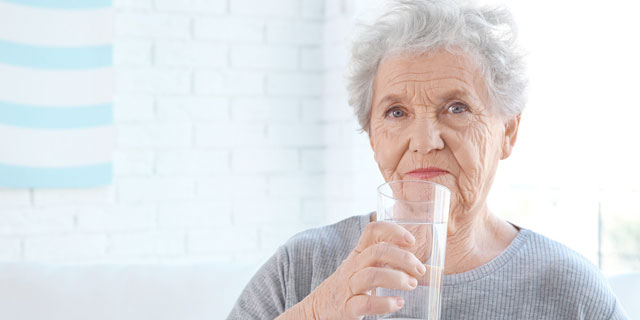
Maintaining mineral levels
As our body doesn’t produce selenium, concentrations of the mineral decline with age. Therefore, we must continue to access it through our diet, or look to supplement.
Low levels have been associated with age-related declines in brain function, possibly due to decreases in selenium’s antioxidant activity. More evidence is required to determine whether supplementing with selenium may help prevent or even treat cognitive decline in elderly people, which is a big issue facing this growing segment of the New Zealand population.
How much is needed?
In New Zealand, the recommended daily intake (RDI) for selenium is 60mcg for women and 70mcg for men. However, some nutritionists suggest a much higher RDI of 200mcg, temporarily increasing to 400mcg when fighting a viral infection, inflammation or a known heavy metal build-up.
While supplementing with selenium, other minerals such as iodine (from fish, shellfish) as well as vitamin E (sunflower seeds, almonds, peanuts) should also be part of the diet, as these nutrients all work well together to fight infection and inflammation.

In New Zealand, the recommended daily intake (RDI) for selenium is 60mcg for women and 70mcg for men.
It’s important to remember that like some minerals, excessive selenium can be toxic, especially when supplementing in large quantities. When consuming more than 800-1000mcg (inorganic selenium) per day for long periods, you may experience symptoms of selenium toxicity, such as numbness in the hands and feet, a metallic taste in your mouth and bad breath.
In extreme cases, it can also cause skin rashes, gastrointestinal disturbance, brittleness and loss of fingernails, alopecia, irritability and nervous system abnormalities.
How to get selenium into your diet
It is well known that you can get your daily requirements of selenium from eating just a few brazil nuts. But this obviously depends on the selenium content in the soil in which they grow. The mineral content of the nuts can vary from as little as 10mcg to up to 100mcg in selenium-rich soil.
As with iodine, seafood provides a good source of selenium. Organ meats, poultry, eggs, dairy, cereals and unrefined grains are also good.
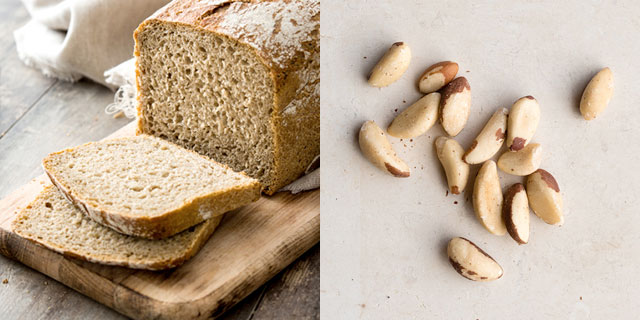
Fruits and vegetables such as broccoli can contain selenium but again, only if they are grown in selenium-rich soils, which is often not the case in New Zealand. Soil pH, the amount of organic matter in the soil, geographic location and whether the selenium is in a form that is conducive to plant uptake are all factors.
For those on vegan, gluten-free, ketogenic or low-protein diets, selenium can be even harder to access. Selenium levels are often low if you suffer from malabsorption, diarrhoea or inflammatory bowel syndrome (IBS). Eat a whole-food diet where you can and try to limit foods and drinks that are high in sugars, saturated fats, and salt.
For those on vegan, gluten-free, ketogenic or low-protein diets, selenium can be even harder to access.
A hair mineral analysis test or a blood test can provide you with not only information on your current selenium status, but a range of other minerals that may be at low levels, due to diet or pre-existing conditions.
Iodine and selenium for thyroid health
Due to changes in diet and environmental factors, there has been an increase in thyroid disorders.
Both iodine and selenium are required for optimal thyroid function and work well together to support the health of the thyroid gland.
The antioxidant glutathione peroxidase is highly active in the thyroid gland, protecting it from oxidative damage. Low levels of selenium have been associated with reduced thyroid glutathione peroxidase activity and supplementation has in turn been shown to increase glutathione peroxidase activity. This protects the thyroid from excess iodine, and its potentially toxic effects.
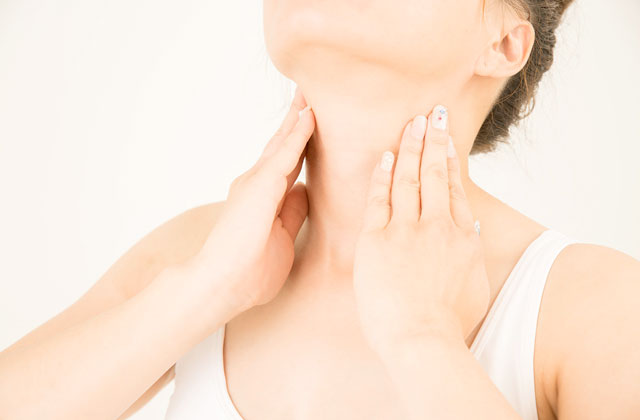
In cases of iodine deficiency, selenium supplementation may too be of value, as deficiencies of selenium and iodine commonly co-exist.
There have been suggestions that selenium be added to table salt along with iodine, but table salt is not recommended as part of a healthy diet.Instead, unrefined sea salt is a better option as it contains many minerals and elements your body needs in trace amounts.
For more information, see our article Are you getting enough iodine?
Vitamin C to aid absorption
Vitamin C, often taken to assist our immune system, is another nutrient that works well with selenium. An intake of 600mg of Vitamin C has been shown to increase dietary selenium by nearly 100 percent.

Summary
Selenium works with a number of other nutrients, including iodine, vitamin E and vitamin C, to support our immune system and help tackle infections and inflammation.
It is an essential cofactor for glutathione peroxidase, an enzyme and antioxidant that helps protect us from damage caused by a range of pollutants and toxins that can be present in our environment, our food, and the water we drink. Our soils often have low levels of selenium, long with zinc and iodine, especially here in New Zealand.
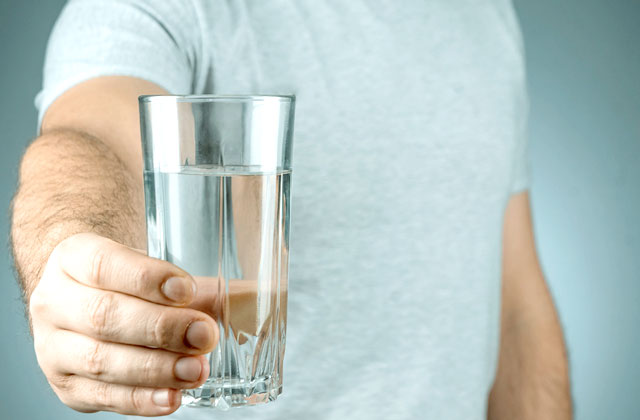
If we are unable to access the required amount of selenium due to diet or other factors, we can look to supplement, by taking just a few drops in a glass of water.
Taking selenium in liquid form increases bioavailability, meaning your body can quickly and effectively absorb the mineral. This can help boost your immune system and support your natural defences when tackling an infection.
It’s best to consult with your health professional before undergoing supplementation. They can also help you with assessing your mineral status through a blood test or by hair mineral analysis.
-
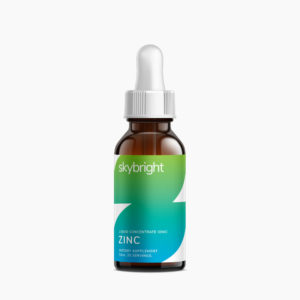 Zinc Liquid Mineral$27.90
Zinc Liquid Mineral$27.90 -
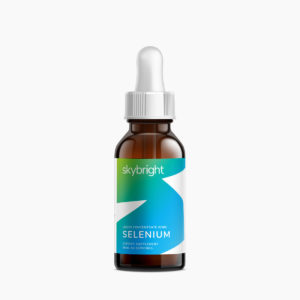 Selenium Liquid Mineral$27.90
Selenium Liquid Mineral$27.90 -
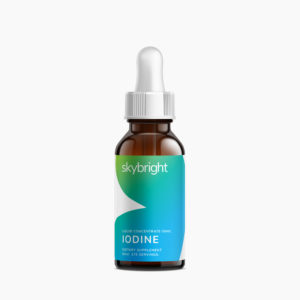 Iodine Liquid Mineral$27.90
Iodine Liquid Mineral$27.90
References:
Coory, David. Stay Healthy by supplying what’s lacking in your diet. 1992
Schauss, Alexander G. Minerals, Trace Elements, & Human Health. Life Sciences Press. 1995
Christine D Thomson, Jennifer M Campbell, Jody Miller, Sheila A Skeaff, Vicki Livingstone. Selenium and iodine supplementation: effect on thyroid function of older New Zealanders. 2009
Fairbairn, K. Serious about Selenium. Otago Daily Times. 2018
Medsafe. Selenium, Prescriber Update. 2000
National Institutes of Health (NIH) Selenium. Fact Sheet for Health Professionals. Updated 2021
Disclaimer:
The information in this article is not intended as a medical prescription for any disease or illness. Nothing stated here should be considered medical advice. Use as directed. If symptoms persist, consult your healthcare professional.

